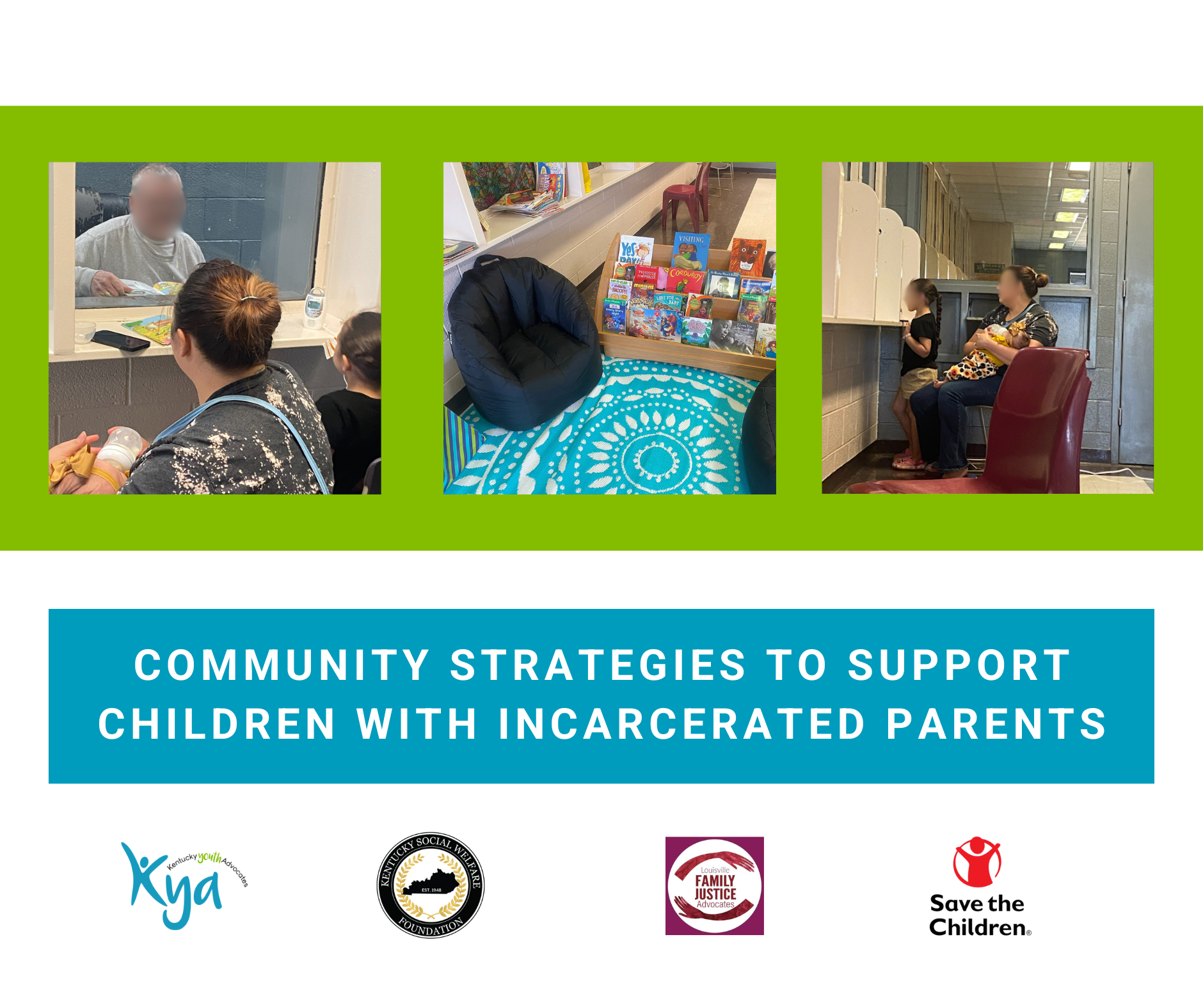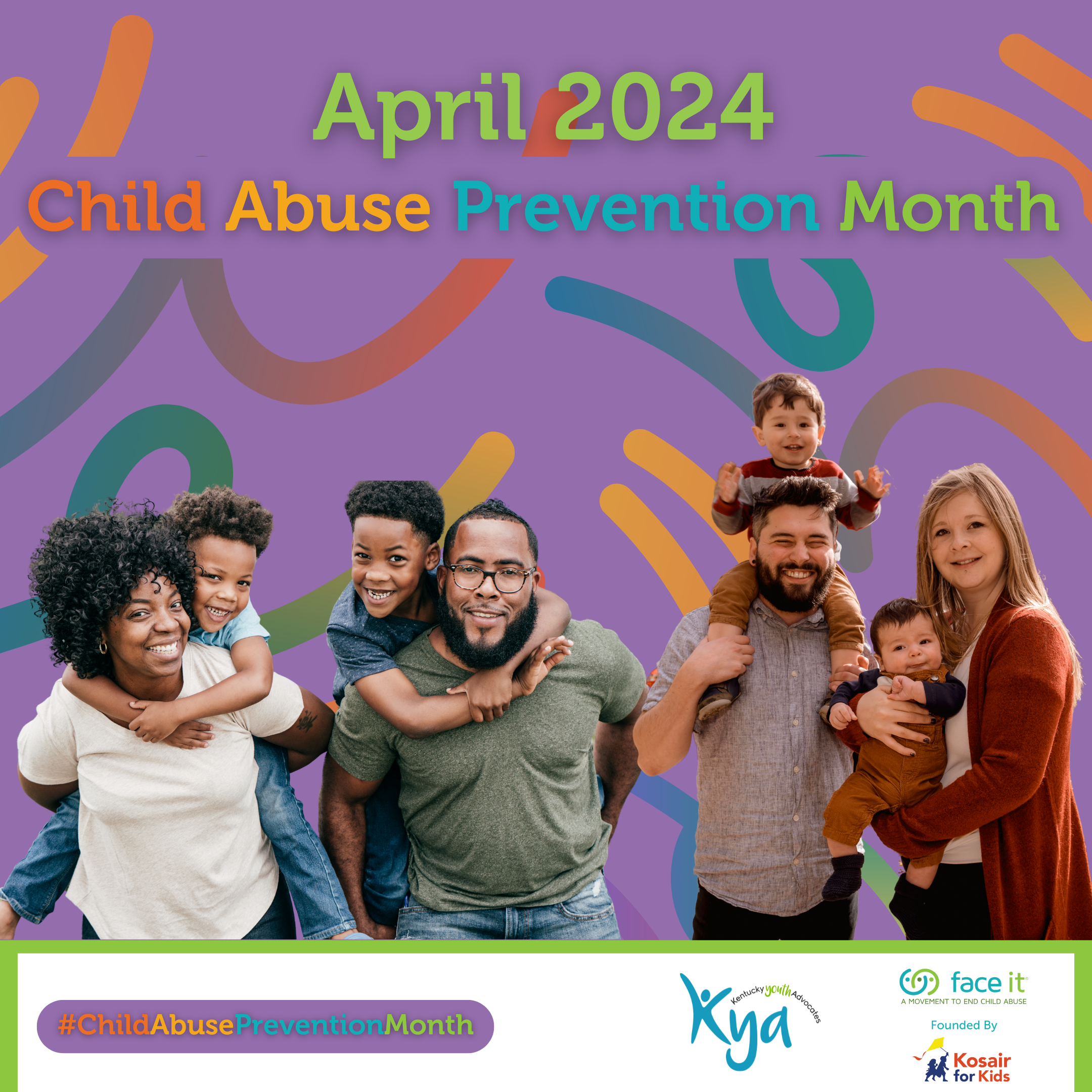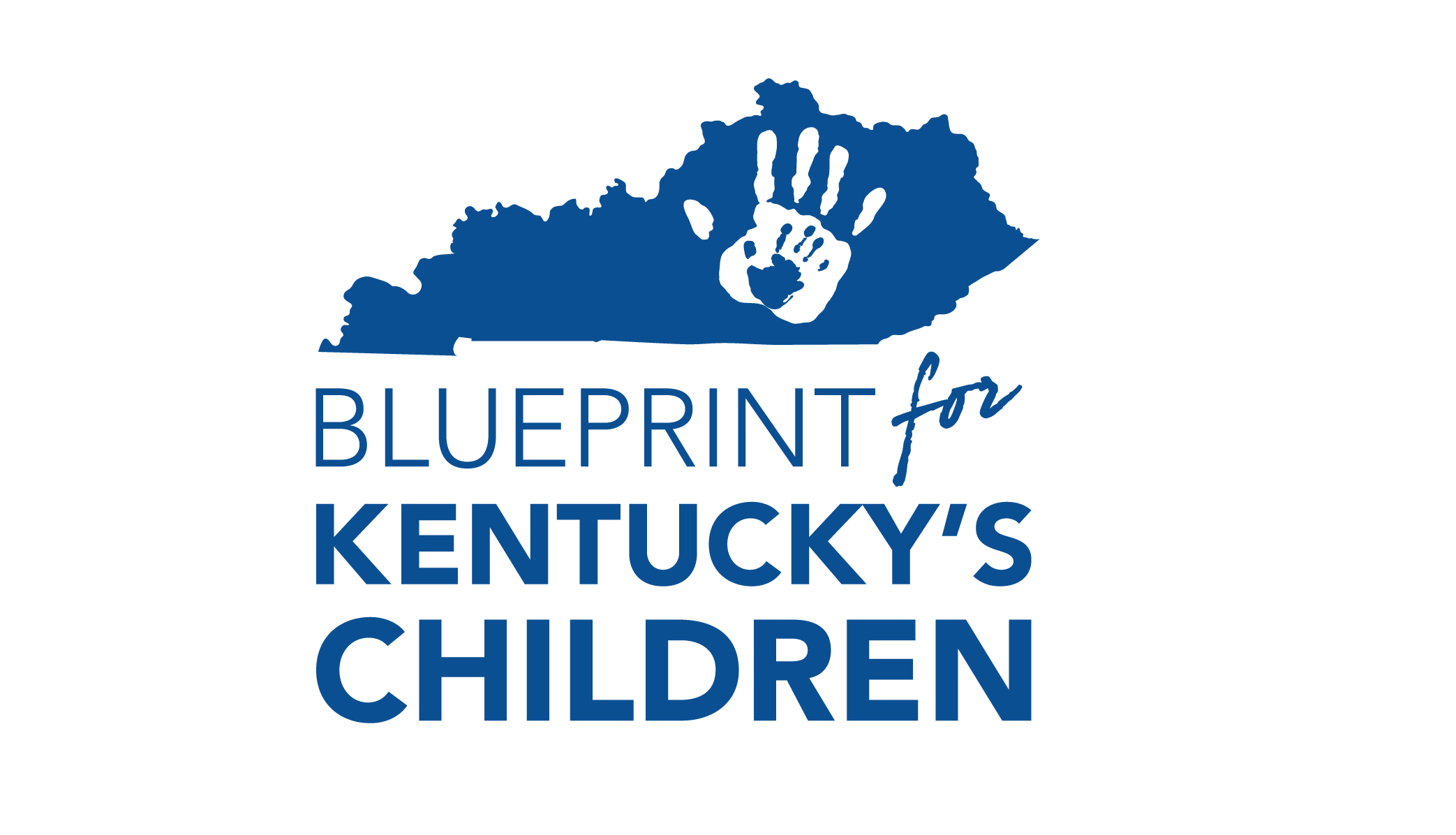Contact:
Mara Powell
mpowell@kyyouth.org
Statement by Dr. Terry Brooks, executive director, Kentucky Youth Advocates
LOUISVILLE, KY – As is the case in most omnibus pieces of legislation, House Bill 7 is a mixed bag. There are good elements for Kentucky kids, and there are also elements that are truly problematic for Kentucky families.
Safety net programs, including Medicaid and the Children’s Health Insurance Program (CHIP), Supplemental Nutrition Assistance Program (SNAP), Special Supplemental Nutrition Program for Women, Infants and Children (WIC), and Kentucky Transitional Assistance Program (K-TAP), play a critical role in making sure families struggling to make ends meet can have food to eat, cover basic family needs, and access critical supports and services needed to be healthy and thrive. This is especially important as new evidence emerges about the critical role of economic and concrete supports in preventing child maltreatment, including lowering chances of a substantiated abuse or neglect report for children who participate in SNAP or WIC and a decrease in child maltreatment investigations when children have continuous Medicaid or CHIP coverage. And for many families, recovering financially from the pandemic will extend well beyond the public health crisis, necessitating continued assistance.
We were glad to see several revisions to previous versions of this legislation that show a willingness by House Speaker David Osborne and Speaker Pro Tem David Meade to listen to feedback from stakeholders and prioritize Kentucky’s kids, former foster youth, and kinship caregivers especially. We are glad to see the following provisions included:
- Kentucky families will retain their ability to withdraw cash with their EBT cards so they can use it for basic needs such as food, clothing, housing, utilities, child care, transportation, medicine, and medical supplies.
- Makes a number of improvements to SNAP, such as implementing a transitional benefit and allowing recipients to recertify eligibility online.
- Efforts to exempt adoptive and kinship caregivers from additional requirements, primary caregivers from Medicaid community engagement requirements, and victims of abuse from requirements around child support enforcement.
- Language clarifying that dependent children will not be impacted by any of these provisions is well appreciated, as are provisions directing unutilized funds to prevention services for families at risk of entering the child welfare system.
- Provisions that support Kentuckians who are working toward recovery, including expanding Medicaid coverage to incarcerated individuals in substance use recovery.
While those positive elements of this bill should be recognized, there are several ways this bill must continue to be strengthened in order to maximize the benefits and reduce unintended impacts for children, families, and the state budget. Check out Kentucky Youth Advocates’ full analysis and recommendations here.
In addition to these recommendations, we have several questions related to the bill, including but not limited to: What counts as community engagement? How will mandated community engagement be monitored and will there be a fiscal note attached? Are pregnant women and former foster youth excluded from community engagement programs? Will these provisions apply to the Child Care Assistance Program (CCAP) and WIC programs?
Kentucky will be strongest when all children have their best chance to thrive as we continue to build an equitable pandemic recovery. We call on House leadership to consider these recommendations and questions as HB 7 progresses through the legislative process.
Stay up-to-date on Blueprint for Kentucky’s Children priorities and other bills that are good for kids on our Kentucky General Assembly Bill Tracker.
###
About Kentucky Youth Advocates
Kentucky Youth Advocates believes all children deserve to be safe, healthy, and secure. As THE independent voice for Kentucky’s children, we work to ensure policymakers create investments and policies that are good for children. Learn more at www.kyyouth.org.






Leave A Comment